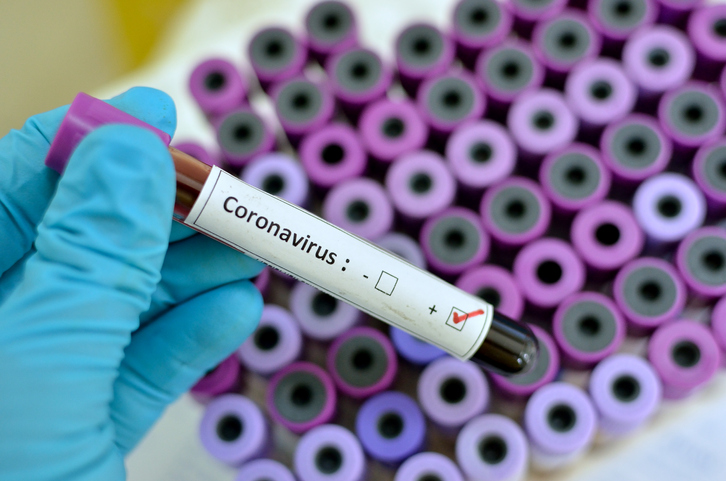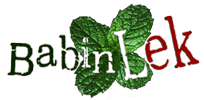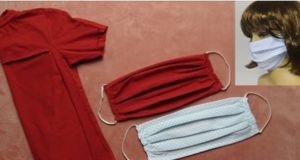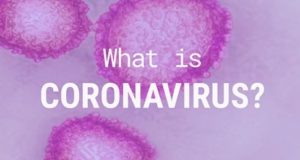An important note
No supplement will cure or prevent disease.
With the 2019 coronavirus COVID-19 pandemic, it’s especially important to understand that no supplement, diet, or other lifestyle modification other than physical distancing, also known as social distancing, and proper hygiene practices can protect you from COVID-19.

The recent COVID-19 coronavirus outbreak causes a variety of telltale signs and symptoms, ranging from fever and dry cough, to more extreme symptoms requiring immediate medical help such as difficulty breathing and confusion. In addition, research has shown that supplementing with certain vitamins, minerals, herbs, and other substances can improve immune response and potentially protect against illness.
Vitamins are essential constituents of our diet that have long been known to influence the immune system. Vitamins A and D have received particular attention in recent years as these vitamins have been shown to have an unexpected and crucial effect on the immune response.
- Vitamin C is one of the biggest immune system boosters of all. In fact, a lack of vitamin C can even make you more prone to getting sick. Foods rich in vitamin C include oranges, grapefruits, tangerines, strawberries, bell peppers, spinach, kale and broccoli. Daily intake of vitamin C is essential for good health because your body doesn’t produce or store it. The good news is that vitamin C is in so many foods that most people don’t need to take a vitamin C supplement unless a doctor advises it.
- Vitamin B6 is vital to supporting biochemical reactions in the immune system. Vitamin B6-rich foods include chicken and cold-water fish such as salmon and tuna. Vitamin B6 also is found in green vegetables and in chickpeas, which is the main ingredient in hummus.
- Vitamin E is a powerful antioxidant that helps the body fight off infection. Foods rich in vitamin E include nuts, seeds and spinach.
Vitamin D
Vitamin D is essential for immune function. Healthy levels of this vitamin may help lower your risk of respiratory infections. Depending on blood levels, anywhere between 1,000 and 4,000 IU of supplemental vitamin D per day is sufficient for most people, though those with more serious deficiencies often require much higher doses

The primary function of vitamin D is to help your body maintain optimal blood levels of calcium and phosphorous, which you can get through exposure to the sun’s ultraviolet rays, or through supplements and the foods you eat.
Getting enough vitamin D can also protect you from respiratory infection. Vitamin D supplementation significantly decreases the chance of respiratory tract infections, based on clinical studies published in the Journal of Pharmacology and Pharmacotherapeutics.
Zinc
Zinc is needed for immune cell development and communication and plays an important role in inflammatory response.
A deficiency in this nutrient significantly affects your immune system’s ability to function properly, resulting in an increased risk of infection and disease, including pneumonia
Zinc also helps symptoms—nasal congestion, nasal drainage, sore throat, and cough—resolve sooner.
Zinc has also been found to help produce and activate T-cells (t-lymphocytes), which trigger the body to respond to infections, according to the NIH. Numerous studies reveal that zinc supplements may protect against respiratory tract infections like the common cold.
Taking zinc long term is typically safe for healthy adults, as long as the daily dose is under the set upper limit of 40 mg of elemental zinc
Excessive doses may interfere with copper absorption, which could increase your infection risk
Zinc must be taken with Selen!!!!!!!
Selenium
Selenium is a mineral with a variety of uses, including preventing bird flu and swine flu. A potent antioxidant, selenium can boost immune function, except in those with autoimmune disorders, who could experience a negative impact on their immune system.
While vitamins and supplements can help fill in the gaps in your diet, the best way to load up on essential nutrients is to get them straight from food.
It is important to note that no vitamin or supplement can cure COVID-19, nor is there solid evidence any non-FDA-approved vitamin or supplement has any effect on COVID-19. Immune supporting effects of supplements and vitamins in the context of the coronavirus is theoretical.
 EN.BabinLEK Cure yourself
EN.BabinLEK Cure yourself



